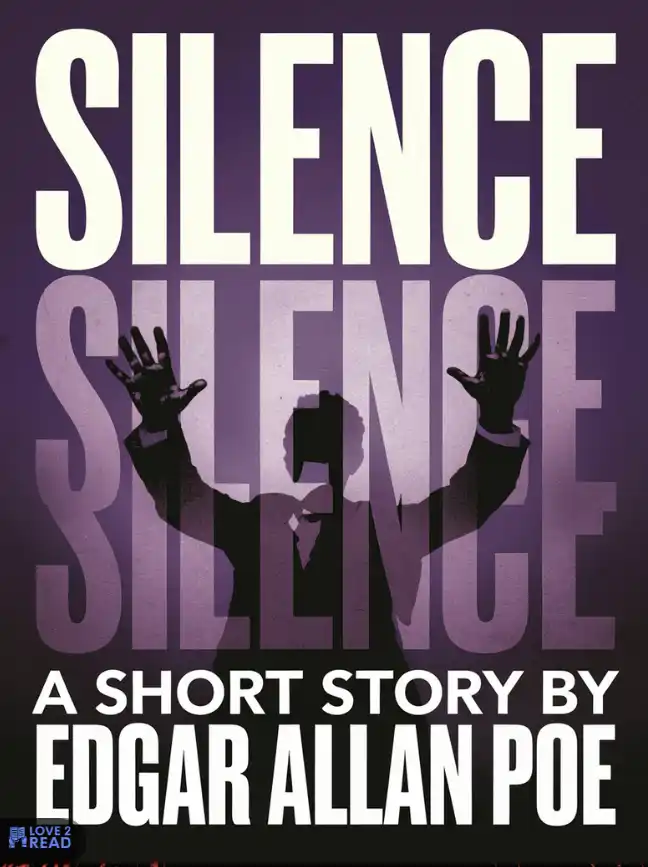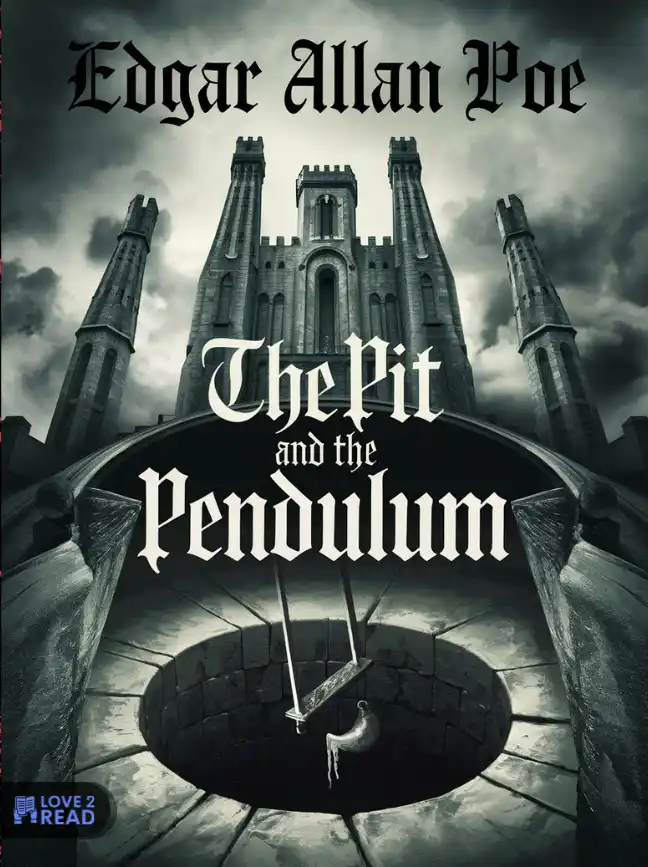The platform.
HAMLET, HORATIO AND MARCELLUS enter .
HAMLET.—The air is subtle and biting; it is very cold.
HORATIO.—Yes, it is a sour and stinging air.
HAMLET.—What time is it now?
HORATIO.—Near midnight, I think.
MARCELLUS.—No, he is stunned.
HORATIO.—Indeed? I did not hear it. Then the time draws near, when the spirit is wont to wander. ( A fanfare of trumpets and artillery discharges are heard in the palace . ) What means this, my lord?
HAMLET.—The king spends the night and drinks his fill; he holds a revelry and dances the impudent jig, and every time he swallows his draughts of Rhine wine, the kettledrum and trumpet bray thus for the triumph of the healths he wears.
HORATIO.—Is that the custom?
HAMLET.—Aye, by Jove! it is the custom. But to my mind, though I be a son of this country, and born to take its manners, it is a custom more honourable to break than to observe. These head-heavy amusements make us, from east to west, cited and condemned by other nations; they call us drunkards, and defile our name with the sobriquet of swine. And verily, whatever our exploits, and however high they may rise, it takes away the very sap and marrow of the glory that they would deserve us. So it often happens with men, if they have in them any stain of natural vice; if, for example, they are, by birth (and consequently without being guilty of it, since the creature has no choice of origin), dominated by the excess of such or such a humor of temperament which often overturns the ramparts and fortresses of reason, or if some habit puts in them a leaven which makes them depart too much from the mold of approved manners; because these men, I say, bear the mark of a single defect, whether this defect be a livery with which nature has clothed them, or a scar which chance has given them, their other virtues (were they as pure as celestial grace and as infinite as man can possess them) will, in the general opinion, be spoiled by this single fault, and the drop of impure alloy often lowers to the level of its own contempt all the noble substance in which it is mixed.
(The ghost enters.)
HORATIO.—Look, my lord, he comes.
HAMLET.—Angels and ministers of grace, defend us! Whether you be a spirit of blessing or a damned elf, whether you bring with you the breath of heaven or the vapor of hell, whether your intentions be perverse or charitable, you present yourself in such a provocative form, that I must speak to you. I call you, Hamlet, king, father, sovereign of Denmark! Oh! answer me: let me not burst into anguish without knowing. Why have your hallowed bones, buried in death, broken their shroud? Why has the sepulchre, where we saw you quietly shut, opened its heavy marble jaws to cast you here? What means this? So that you, a dead body, once again covered with all your steel, should return to see the moonlight again, and make the night hideous, and so that we, poor plastrons of nature, should be so horribly shaken to the depths of our being by thoughts that exceed the reach of our souls,—say, what is it? Why is this? What must we do?
HORATIO.—He beckons you to him, as if he had some communication to make to you alone.
MARCELLUS.—See with what courteous gesture he bids you follow him to a more secluded place. But do not go with him.
HORATIO.—No, certainly, not at all.
HAMLET.—He will not speak here; I will follow him.
HORATIO.—Do not, my lord.
HAMLET.—Why? what have I to fear? I would give my life for a pin; and as for my soul, what can he do to it, being immortal like himself? He beckons me again; I will follow him.
HORATIO. What! if it draw you to the waves, my lord, or to the terrible summit of that rock, which, overhanging its base, projects above the sea; if it assumes there some other horrible form, that deprives you of the empire of reason, and drags you into madness? Think of it, the very place might, without any other cause, throw quips of despair into the brain of any man that sees a height of so many fathoms between him and the sea, and hears it roaring below.
HAMLET.—He signs to me again.—Walk, I will follow.
MARCELLUS.—You will not go, my lord.
HAMLET.—Let me go then.
HORATIO.—Be sensible, don’t go.
HAMLET.—My fate hails me, and makes the smallest artery in this body as stiff as the sinews of the Nemean lion. ( The ghost makes a sign . ) He calls me again; let me go, gentlemen. ( He frees himself . ) By heaven! I’ll make a ghost of the first that stops me… I said so…—Come… march… I’ll follow you.
(The Ghost and Hamlet exit.)
HORATIO.—He is quite beside himself with his imagination.
MARCELLUS.—Let us follow him; it is not fitting that we should obey him thus.
HORATIO.—Yes, let us march. What will be the issue of all this?
MARCELLUS.—There is something worm-eaten in the state of Denmark.
HORATIO.—Heaven shall decide.
MARCELLUS.—Well, let us follow him.
(They go out.)





